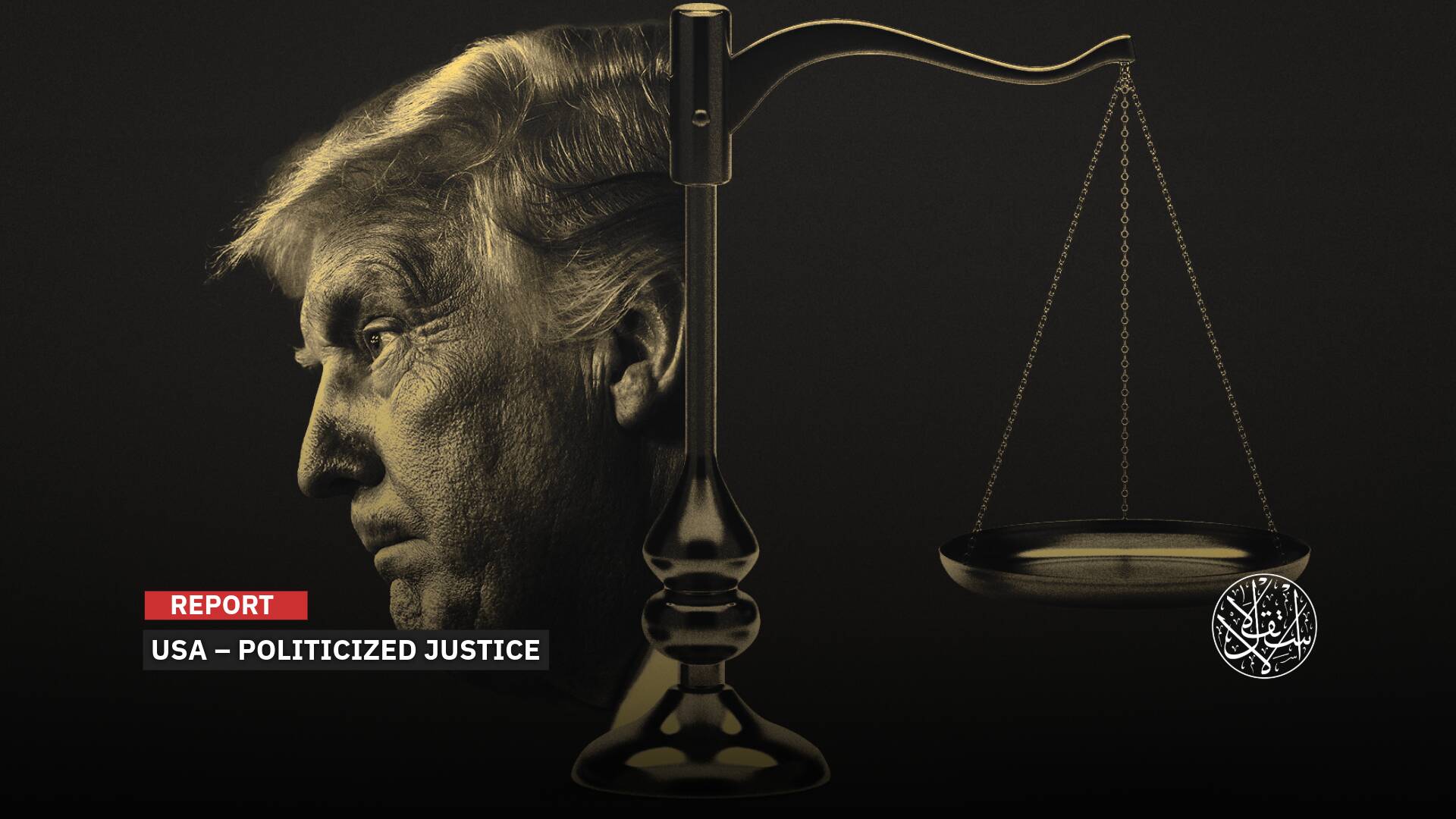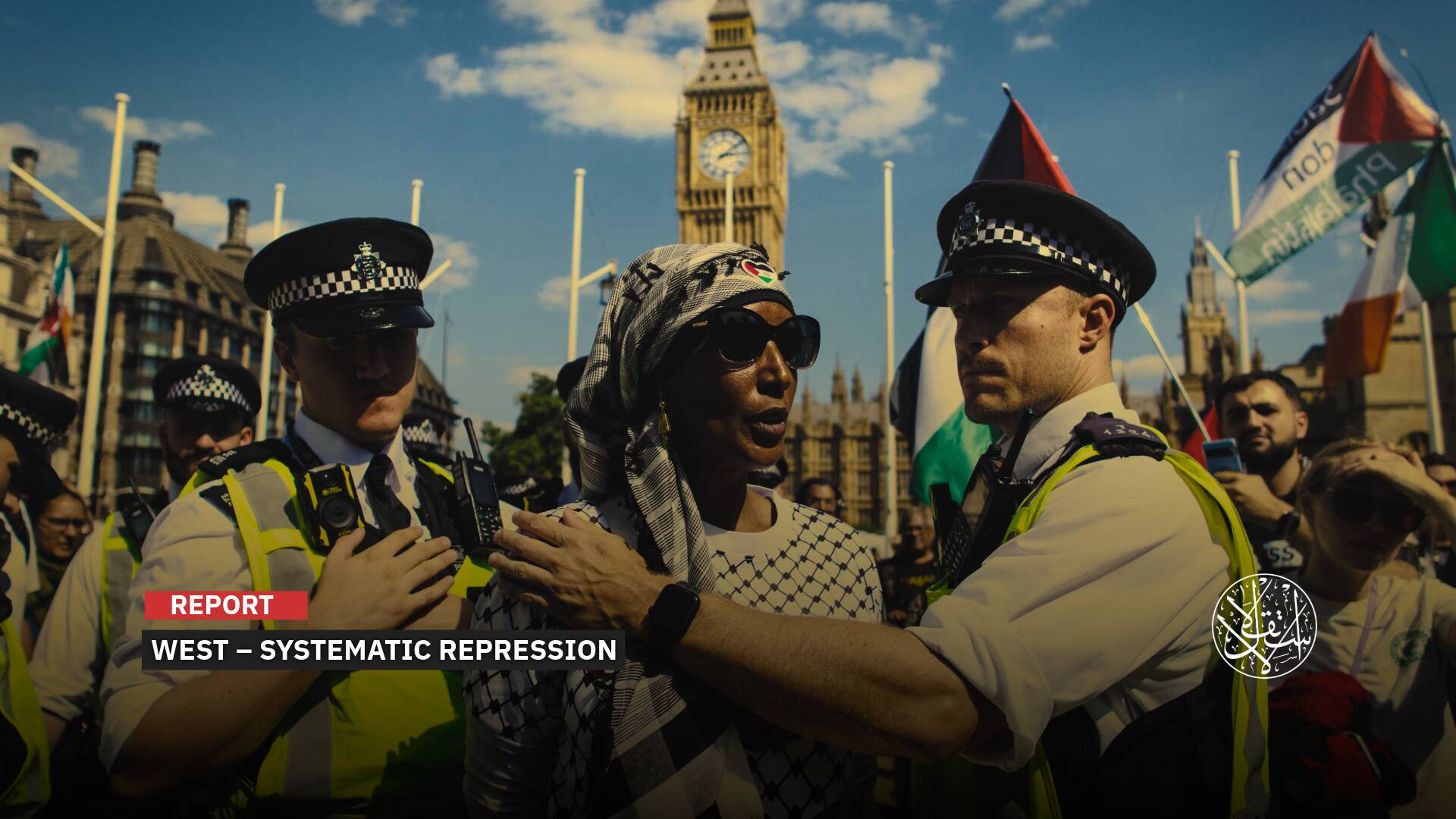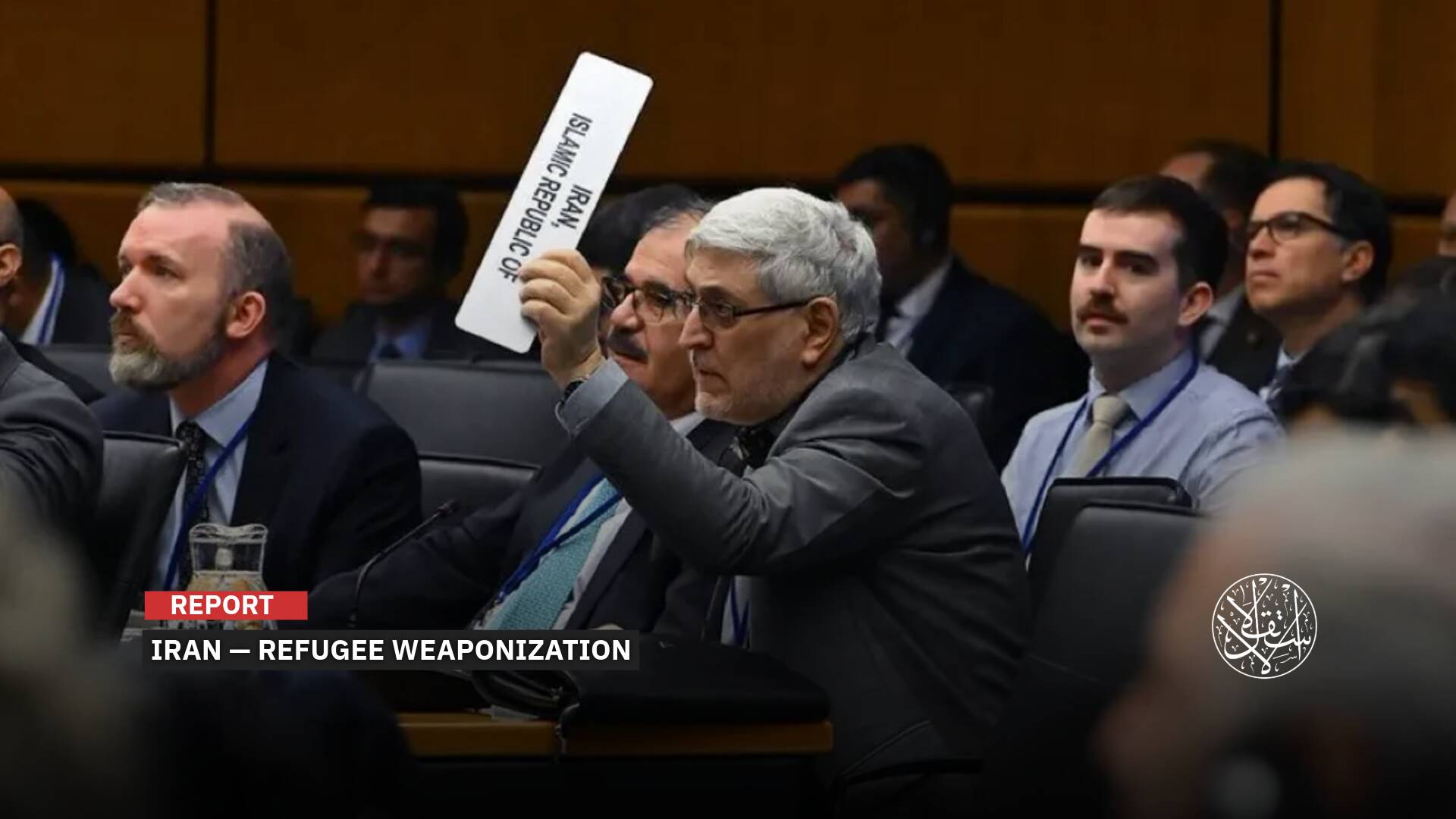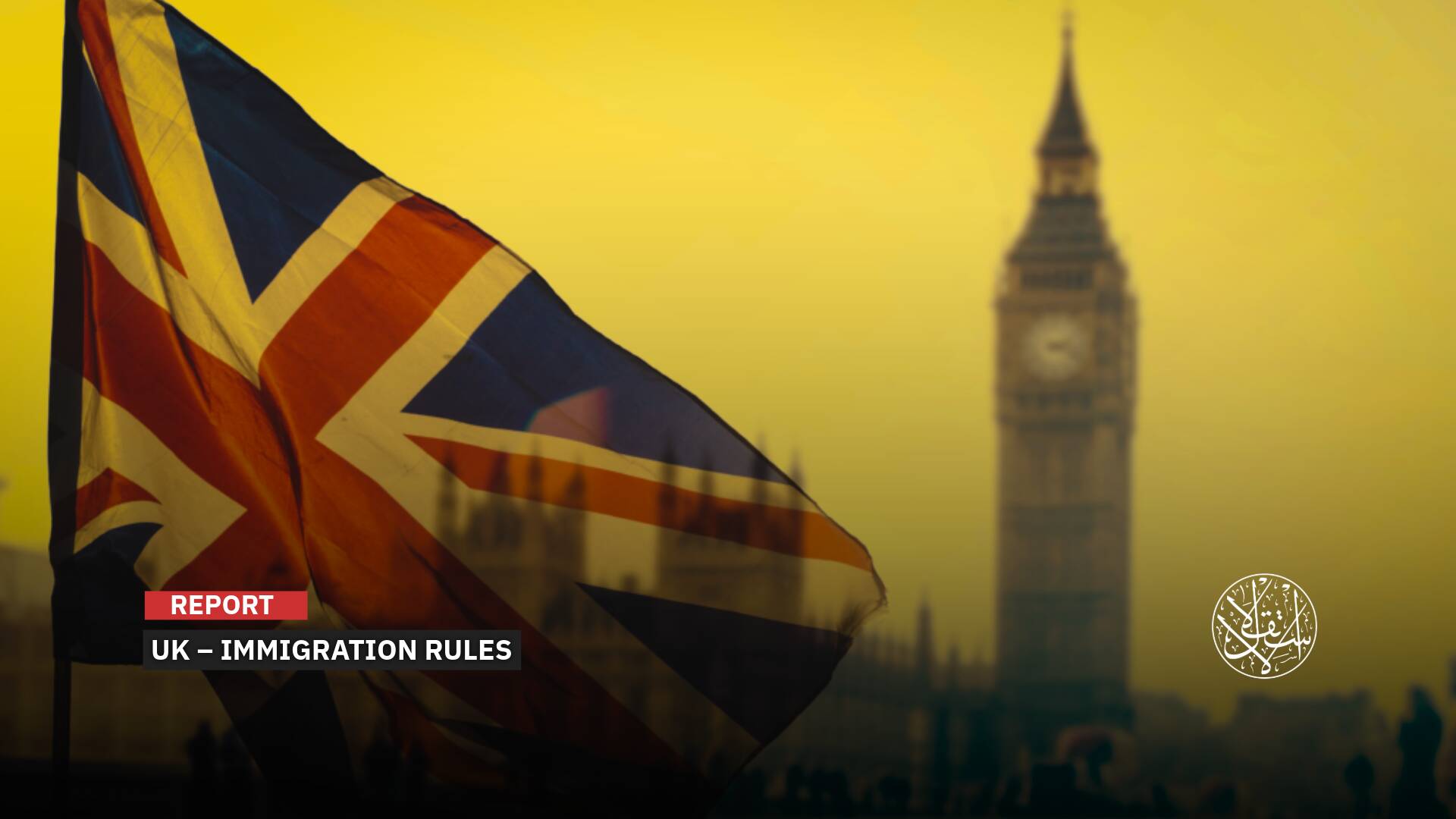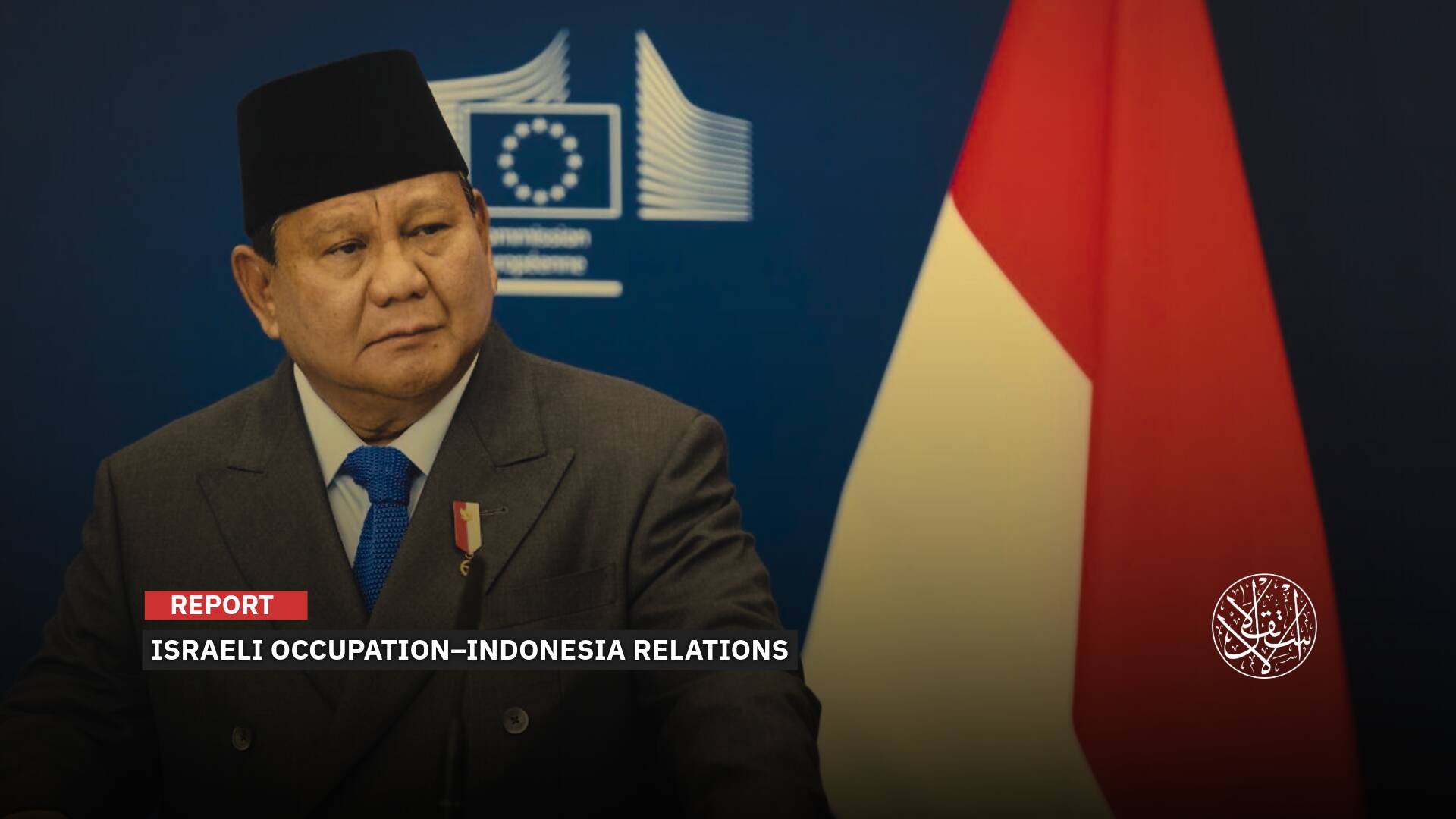One of the Three Candidates Is a Muslim: Who Will the SNP Choose as Its New Leader?

The Scottish National Party (SNP), which numbers around 100,000 people, began voting on March 13, 2023, to choose a new leader and prime minister for the country following the resignation of Nicola Sturgeon. The voting process will last for two weeks, and the final result will be announced on March 27.
According to The Guardian newspaper, three candidates are competing for this position, Health Secretary Humza Yousaf, Finance Secretary Kate Forbes, and former minister Ash Regan, but all expectations indicate that the competition between Yousaf and Forbes, who constitute two contradictory political lines, will be confined.
These elections will be historic par excellence; If Yousaf wins, he will be the first Muslim prime minister in the history of Scotland and Europe, while if Forbes wins, she will be the youngest prime minister in the country’s history, at just 32 years old.
According to reports, three main files control the selection of members of the SNP for their new leader: the secession file from the U.K., social issues, and the living crisis in the country.
It is noteworthy that this is the first battle for the presidency of the SNP since 2004, as Sturgeon was chosen in 2014 unchallenged after the resignation of her predecessor, Alex Salmond.
Intense Competition
The Guardian newspaper said that the candidates to take over as Prime Minister of Scotland to succeed Nicola Sturgeon, who announced her abrupt resignation last month, agreed that the SNP stands at a crossroads.
Three candidates are running: Finance Secretary Kate Forbes, whose comments about the Conservative Party sparked controversy in her left-leaning party; Health Secretary Humza Yousaf, the first Muslim member of the Scottish government; and Ash Regan, the former minister who resigned last year.
The newspaper pointed out that the leadership race has become an existential battle over the direction of the party and its policies, noting that the two main candidates, Yousaf and Forbes, have competing visions.
On the other hand, the three candidates promised to carry the torch of independence that Sturgeon had carried for eight years, betting on the possibility of the country’s independence within five years if one of them won the leadership of the SNP.
In the latest Ipsos poll about the candidate most likely to win the elections, a kind of difference emerged between the orientation of the Scots in general and the orientation of the voter bloc of the SNP.
The competition is still intense between the leading candidates, despite a slight lead for Forbes in opinion polls of Scottish citizens, as it indicates that the Finance Secretary enjoys 32% of the popularity, compared to 24% for Yousaf.
There is a convergence between the candidates regarding their voting intentions within the SNP, as 33% of party members revealed that they would vote for Yousaf, compared to 32% for Forbes.
Yousaf enjoys strong support from the party’s leader, Nicola Sturgeon, who sees it as a continuation of her project. Kate Forbes, on the other hand, enjoys the confidence of the conservative bloc within the party.
It is expected that the three candidates will fail to obtain the required 50%, which means going to a second round of elections, with the exclusion of the candidate with the least votes in the first round.
The new SNP leader will face a vote in the Scottish Parliament on March 28 to confirm his assumption of the position of Prime Minister before taking the constitutional oath the next day.

Three Candidates
Humza Yousaf, 37, is the most prominent candidate for the SNP to lead the party and the government, given that he has been a member of Parliament since 2011 and has held the most difficult positions in the government.
Yousaf’s origins belong to a Pakistani Muslim family who immigrated to Glasgow in the sixties of the last century. He studied political science at its university and graduated in 2007 with a master’s degree.
In 2011, Yousaf entered the Scottish Parliament as a Republican MP for Glasgow.
In 2012, he held his first cabinet post, appointed by Prime Minister Alex Salmond as Secretary of State in charge of Foreign Relations and International Development at the Ministry of Foreign Affairs.
In 2016, Yousaf became Minister of Transport and spent two years in that portfolio.
In 2018 he was appointed Minister of Justice, with the introduction of a hate crimes law that has caused controversy among his political opponents among his notable acts in the post.
As Health Secretary, Yousaf has led the fight against the coronavirus pandemic but has been squeezed by record waiting times in hospitals during one of the toughest winters for Scotland’s publicly funded healthcare system.
Yousaf is considered the preferred candidate on paper and is seen as Sturgeon’s choice, in addition to having the support of nearly half of Sturgeon’s ministers, a third of the SNP deputies, and almost all of the party’s 10 deputies declared him their preferred candidate.
In turn, James Mitchell, a professor of public policy at the University of Edinburgh, told the Pakistani Dawn website: “Yousaf’s victory will be symbolically important.”
If Humza Yousaf becomes the leader of the SNP and the first minister, it means that the leaders of the two largest parties in Scotland will be led by Scots of Pakistani origin, Anas Sarwar is the Scottish Labour Party’s leader, and so far they have proven to be very popular and effective.

As for Ash Regan, 49, she first became involved in politics when she became head of campaigning and advocacy at Common Weal, a left-wing pro-Scottish independence think tank.
In the campaign for the 2014 Scottish Independence Referendum, Regan, who holds a Master of Science degree, actively campaigned for Scotland and was a member of the Women’s National Committee for Independence.
In the aftermath of the referendum defeat, she joined the SNP and was subsequently selected as a candidate for the East constituency of Edinburgh in the 2016 Scottish Parliament election.
After a successful campaign, she sat as an MP before being appointed in 2018 as Minister for Community Safety within the Sturgeon Cabinet.
Reagan resigned in October 2022 in protest of a gender recognition bill, the first SNP minister to resign to vote against government policy since the party took office in 2007.

Kate Forbes, 32, is a devout Christian who belongs to the second largest church in Scotland, in addition to her parents working in evangelism.
She studied history at Selwyn College, Cambridge, then obtained a master’s degree at the University of Edinburgh, then trained to become an accountant.
She was elected to the Scottish Parliament in 2016. In June 2018, Forbes was appointed to the Scottish Government as Minister of Public Finance and Digital Economy.
The Guardian suggested that the SNP leadership race would end with the victory of the conservative Kate Forbes, although she has the general support of only four MPs.

Social Issues
One of the paradoxes witnessed in these elections is the dominance of the issue of homosexuality and gender reform in the discussions between the candidates for the elections, especially after the British government vetoed a bill passed by Sturgeon’s government that allows 16-year-olds to change their gender without parental consent and without medical approval.
Humza Yousaf presents himself as an advocate for LGBTQ rights, defending same-sex marriage, and many of Yousaf’s ideas shocked Muslims as well as Christians.
In an interview with Channel 4 News, Yousaf described himself as a devout Muslim and said he would celebrate Ramadan soon, but insisted he personally supported same-sex marriage.
However, critics pointed out that Yousaf missed a key vote in the Scottish Parliament on the legalization of same-sex marriage in 2014.
The Scottish Health Secretary’s comments on the homosexuals’ issue came after Kate Forbes, an early leadership candidate, lost electoral support after saying her Christian faith meant she believed marriage should be between a man and a woman and having children outside wedlock was wrong, according to a report by the BBC.
Forbes had caused a sensation in the media, saying that if she had been a member of the Scottish Parliament in 2014, she would have voted to reject same-sex marriage when it was approved at the time.
Forbes derives its positions from its upbringing and receiving a conservative upbringing, which raised its popularity among the conservative bloc in Scotland, in contrast to the LGBT defense organizations announcing their support for Yousaf.
Thus, the conflict between the two candidates turned into a struggle between a current that the Scottish press calls the progressive current, represented by Yousaf, and the conservative current, represented by Kate Forbes.
Regan resigned as the nation’s Department of Community Safety in the wake of Sturgeon’s controversial plans for transgender recognition, an issue on which she disagreed most with Humza Yousaf.

Independence Referendum
As for the issue of secession from Britain, Humza Yousaf moved to the maximum speed on the issue of secession when he announced that if he reached the position of prime minister, he would announce the organization of early elections and guarantee a majority of more than 60% in alliance with the Green Party, after which a referendum would be held to secede from Britain.
Yousaf became the most stringent line in dealing with the issue of secession from the U.K. on the condition that he obtains the support of the majority of Scots to achieve this.
Whereas Kate Forbes says that she will seek separation, but at a later time, and believes that the referendum can wait for the next six years without entering into a confrontation with London now.
Meanwhile, Ash Regan has outlined her plans for what she calls a voter empowerment mechanism that would use the ballot box only to allow the people of Scotland to decide their own destiny when they were ready for independence.

Sources
- SNP at a crossroads as leadership candidates gear up for first TV debate
- SNP candidates predict independence in five years
- Kate Forbes: 48 hours that shot down the SNP’s brightest star
- What a Humza Yousaf victory means, in Scotland and beyond
- Kate Forbes Scots' favourite to become next First Minister, poll finds





